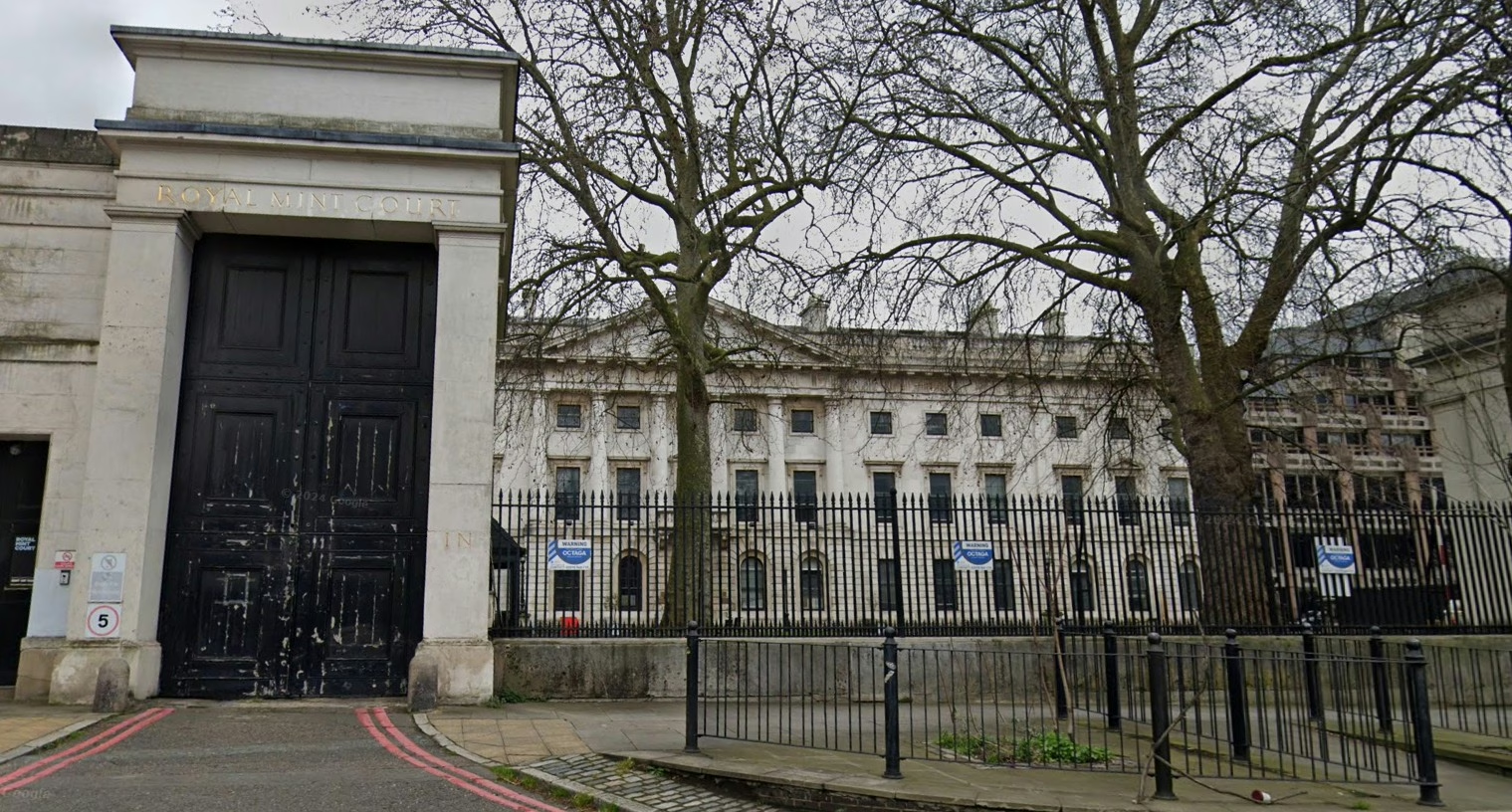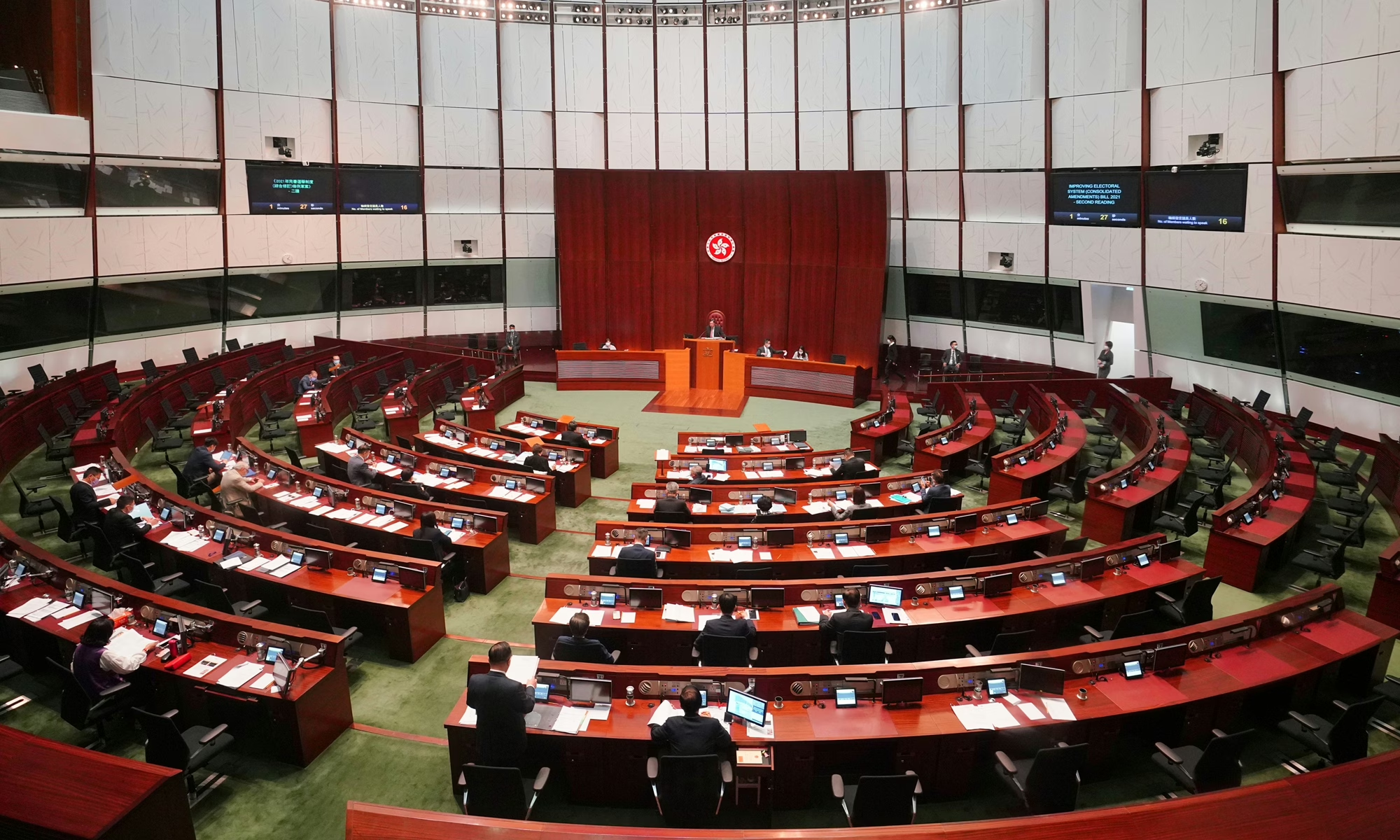The Chinese government’s plan to relocate its UK embassy to the site of the former Royal Mint in London’s financial district has sparked widespread social unease and heightened national security concerns. The proposed location, near Parliament and critical telecommunications infrastructure, has drawn sharp criticism from opposition leaders, security experts, and the public, who fear it could facilitate espionage and exacerbate societal tensions.
The former Royal Mint site, situated in the heart of the City of London, is not only close to Westminster but also surrounded by a dense network of vital communication cables that underpin the UK’s digital infrastructure. This strategic positioning has amplified worries about potential surveillance capabilities, prompting accusations that the Labour government is prioritising economic ties with China over Britain’s safety.
Social Unrest Intensifies
The embassy relocation plan has ignited public discontent, with protests erupting outside the proposed site. Activist groups, including those advocating for human rights and digital privacy, have rallied against the move, citing China’s track record of alleged state-sponsored surveillance. Demonstrators waved placards reading “No Spy Hub in London” and “Protect Our Data,” reflecting growing public anxiety about foreign influence in the UK.
Local residents and businesses in the area have also voiced concerns, fearing that the embassy’s presence could disrupt daily life and heighten security risks. “This isn’t just about politics—it’s about our safety and privacy,” said Sarah Thompson, a City worker who joined the protests. Social media platforms, including X, have been flooded with posts expressing outrage, with hashtags like #StopChinaEmbassy trending across the UK.
The unrest comes at a time when public trust in the government is already strained, following controversies over welfare reforms and rising living costs. Critics warn that the embassy decision risks further eroding confidence, potentially fuelling broader social instability.
Critical Infrastructure at Risk
A key point of contention is the former Royal Mint site’s proximity to a nexus of critical telecommunications cables. Security analysts have revealed that the area houses a significant portion of the UK’s internet and communication infrastructure, including fibre-optic lines that carry sensitive government and financial data. The presence of a foreign embassy in such a location raises fears of physical or electronic interference, including the potential installation of surveillance equipment.
“It’s not just about the embassy building itself,” said Dr Emma Clarke, a cybersecurity expert at King’s College London. “The real threat lies in the access this site could provide to our digital backbone. Even unintentional disruptions to these cables could have catastrophic consequences, let alone deliberate tampering.”
The United States and the Netherlands have expressed solidarity with British concerns, citing their own experiences with Chinese diplomatic facilities near sensitive sites. A US State Department official, speaking on condition of anonymity, urged the UK to “reassess the risks posed by this relocation,” while Dutch authorities referenced their decision to block a similar move in The Hague.
Political Backlash
Shadow Home Secretary James Hartley has accused the Labour government of “gross negligence,” arguing that the decision reflects a dangerous willingness to appease Beijing for economic gain. “The Labour Party is gambling with our national security to cosy up to China,” Hartley said in a statement. “The former Royal Mint site is a stone’s throw from Parliament and sits atop critical infrastructure. This is utterly indefensible.”
In response, the Foreign Office has insisted that “rigorous security assessments” were conducted before approving the relocation. A government spokesperson stated, “The UK is committed to fostering constructive relations with China while ensuring our national security is protected. All necessary safeguards are in place.” However, the government has declined to provide specific details about these measures, fuelling further scepticism.
Calls for Action
Security experts and opposition figures are demanding greater transparency and stricter oversight of the project. Proposals include mandatory public consultations, enhanced cybersecurity protocols, and restrictions on the embassy’s technological capabilities. Some have even called for the relocation to be scrapped entirely, suggesting alternative sites further from critical infrastructure.
As protests continue and international pressure mounts, the Labour government faces a delicate balancing act. The controversy threatens to strain UK-China relations and could complicate diplomatic engagements. while deepening domestic divisions. With social unrest showing no signs of abating and security concerns unresolved, the embassy saga is set to remain a flashpoint in British politics.
Discover more from “Bridging Hongkongers. Reporting Truth.”
Subscribe to get the latest posts sent to your email.




